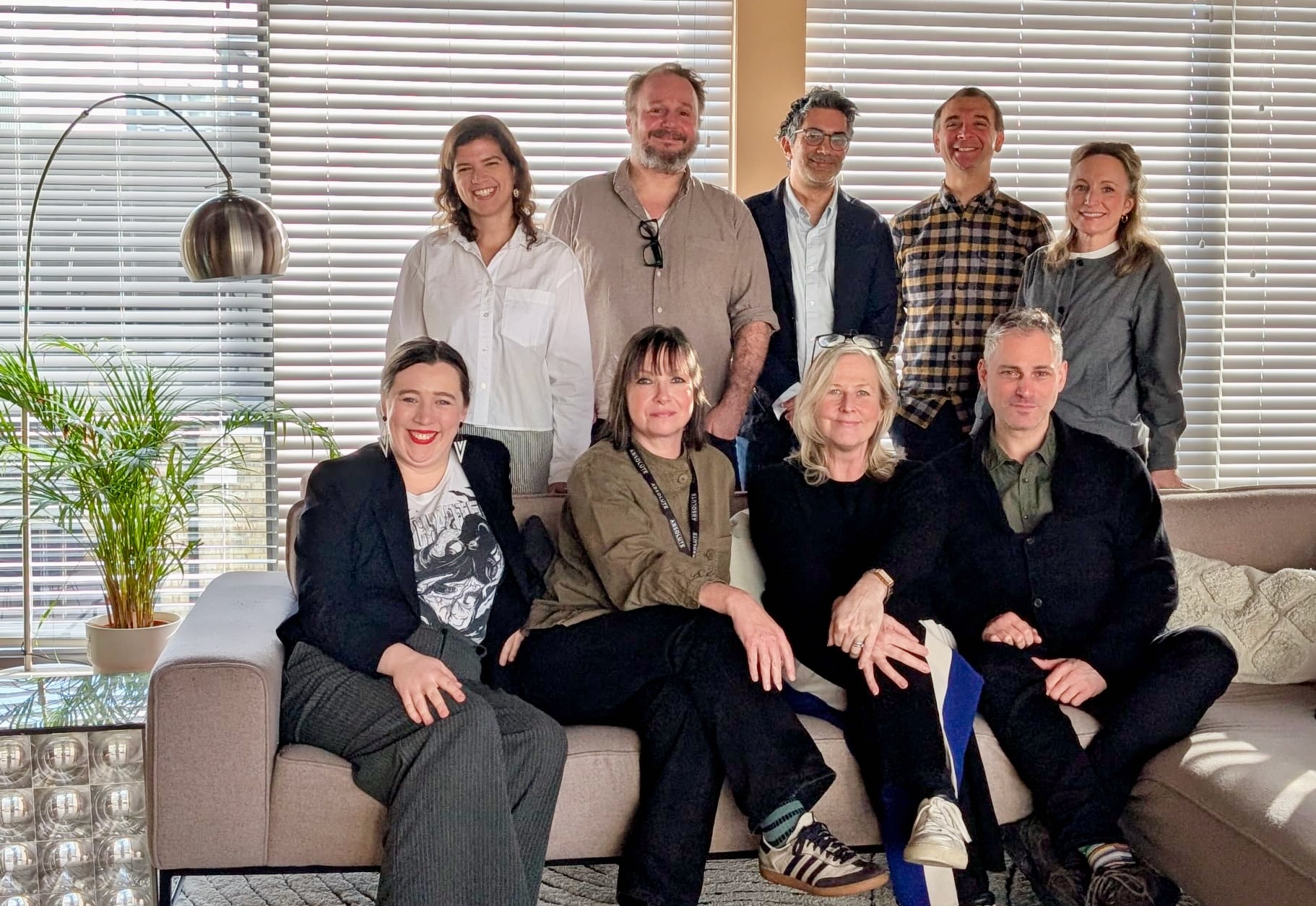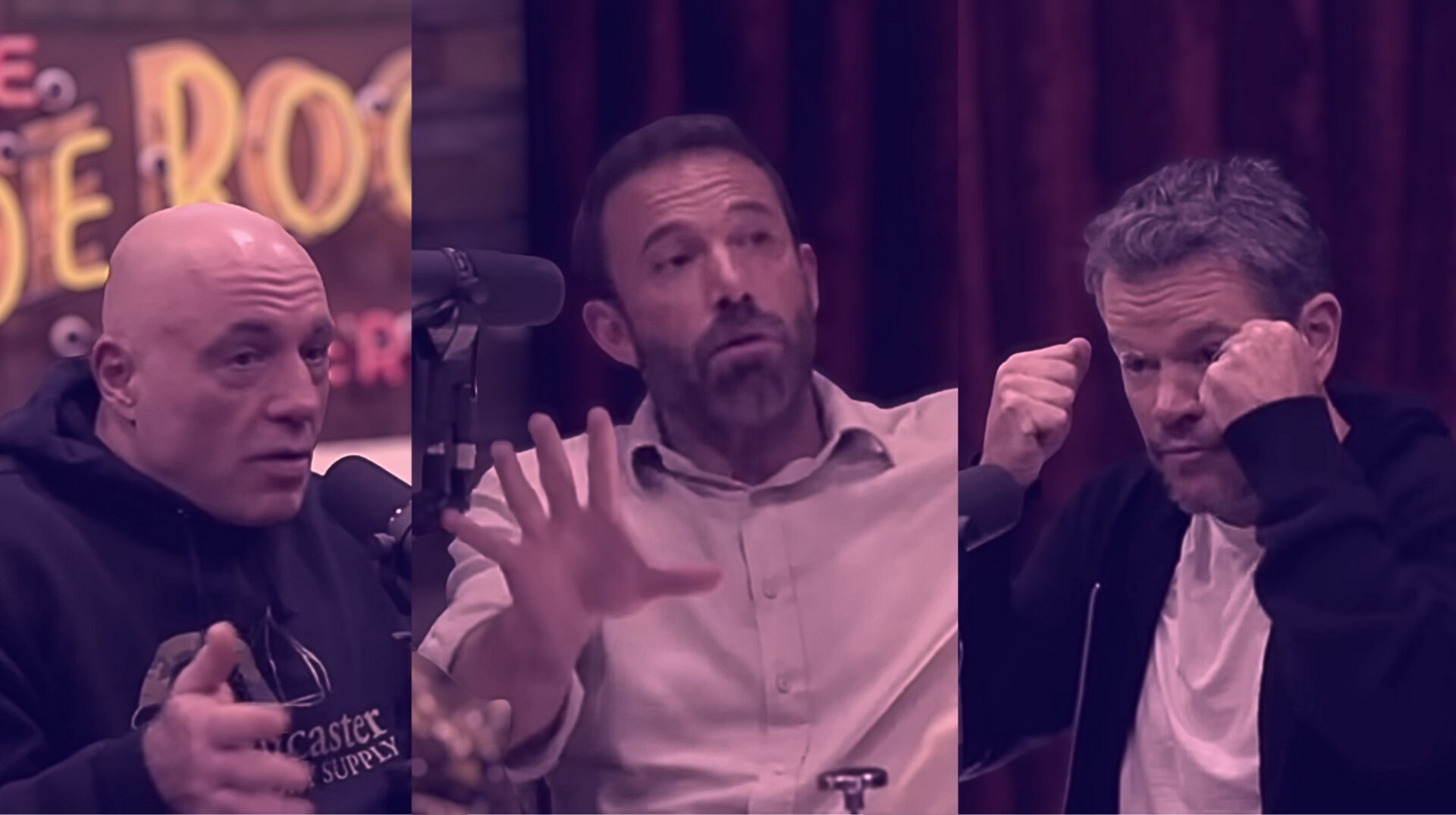Listen to this article
This month Disney and Universal filed a landmark lawsuit that could reshape how every film and TV production uses AI tools. But what does this really mean for UK production teams?
While these cases won’t directly change UK law, they will fundamentally alter the AI tools productions use, their costs, and the compliance requirements production teams face. The ripple effects will hit UK productions that rely on the global AI ecosystem to increasingly power their workflows.
Whether you’re already using AI tools or considering adopting them, it’s vital to understand which key legal cases are currently in play and how they might affect AI use in industry. That’s exactly what we will be discussing today.
The Cases Reshaping Our Industry
Disney & Universal vs. Midjourney
(Initiated June 2025, ongoing)
The case: Disney and Universal are suing Midjourney, one of the most popular AI image generators, alleging that the company used millions of copyrighted images – including Disney characters and Universal’s intellectual property – to train its AI model without permission. The studios claim this has resulted in “endless unauthorised copies” of their content.
The AI tool: Midjourney is a text-to-image AI generator widely used in film and TV for concept art, storyboarding, and pre-visualisation work.
What this means: This is the first major Hollywood lawsuit against an AI image generator. Even if Disney wins, UK rights owners may have to jump a few more hurdles before making similar claims, due to jurisdictional differences. There are, however, indirect effects for UK filmmakers – if Midjourney loses, expect subscription costs to rise and output quality to potentially decline as they seek out new paid licensing deals. If Midjourney win, more US tools with questionable training practices will flood the global market. This could create a domino effect, forcing the UK and others to ease laws for UK-based AI toolmakers to give them the same advantage, affecting quality of AI tools globally.

VS


VS

Getty Images vs. Stability AI (Ongoing)
The case: Getty Images is suing Stability AI (makers of Stable Diffusion) in both UK and US courts, claiming the company scraped over 12 million copyrighted images from Getty’s database to train their AI model without permission or compensation.The AI tool: Stable Diffusion is an open-source image generation model that powers many AI art tools and is integrated into various creative software packages.
What this means: A Getty victory could accelerate the UK government’s plans to change copyright law, potentially giving UK AI tools an exemption from these claims. But it’s unclear whether such changes would apply retrospectively to existing training models—leaving current tools in legal limbo.
Authors Guild vs. OpenAI (Ongoing)
The case: The Authors Guild, representing thousands of writers, alleges that OpenAI used copyrighted books without permission to train ChatGPT and other language models. The lawsuit claims systematic copyright infringement on an unprecedented scale.The AI tools: ChatGPT, GPT-4, and other OpenAI language models used for script development, research, marketing copy, and creative writing assistance.
What this means: This case will determine costs and capabilities for AI writing tools used in script development, but won’t eliminate the fundamental questions around originality and attribution in AI-assisted writing.

VS

Key settlement: The 2023 Strike Agreements
What happened: SAG-AFTRA and WGA secured unprecedented protections around AI use in their contracts, including consent requirements for digital replicas, disclosure obligations, and compensation frameworks for AI-enhanced performances.The AI applications: Voice synthesis, digital doubles, performance enhancement, and any AI tools that replicate or modify actor performances.
What this means: These standards are becoming industry expectations across all productions, not just union work, creating new frameworks for consent and disclosure that extend beyond traditional union boundaries.
Why Winning Court Cases Isn’t A Silver Bullet For The Industry
The reality: Although they will have broader impacts for AI companies and rights owners, these legal cases are unlikely to resolve current and future challenges facing UK productions who use or plan to use AI. Here’s three reasons why;
- Current risks remain live: Lack of clarity around copyright for AI-assisted works, struggles with production asset management and consent for use with AI during production, disclosure requirements around AI use – the list goes on. These issues still exist now regardless of court outcomes.
- New complications ahead: Legal decisions will create tool fragmentation and jurisdictional differences (complicating distribution risks), forcing careful tool-by-tool selection that looks beyond only quality concerns
- Layered challenges: UK productions will still need to navigate multiple AI related issues including skill set shortages, regulatory initiatives, and industry pressures for “safe” usage.
The idea that “waiting for clarity” is a strategy ignores reality. Each legal development creates new challenges alongside any answers. Productions need to act now rather than waiting for court decisions.
What This Means for Your Production
These interconnected cases will create cascading effects across tool pricing, compliance requirements, insurance coverage, and competitive dynamics. The legal precedents being set now will determine which AI tools remain viable, how much they’ll cost and what kinds of new workflows are actually sustainable for a production business.
Many production teams are taking action now to get started on the issues:
- They analyse current AI tools for training practices, licensing terms, and jurisdiction risks
- They implement robust documentation that can satisfy multiple compliance frameworks
- They develop flexible AI policies that can evolve with changing requirements
On an ongoing basis, tracking these legal developments across jurisdictions and translating them into practical guidance often requires dedicated expertise. But it’s a wise investment – the productions that continue to truly understand and adapt to these changes will be the ones that thrive.
AIMICI is tracking these interconnected legal developments and their specific implications for UK film and TV production. Our comprehensive analysis goes beyond court case outcomes to address the real ongoing challenges of responsible AI implementation.
Ready to discuss how these evolving developments affect your specific projects? Contact us to explore how we can help you navigate this landscape strategically.



